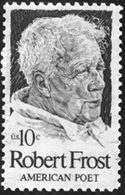In its Fall 2006 edition to be released on Monday, October 2, the Virginia Literary Review will feature a newly discovered and previously unpublished poem by Robert Frost. The news caused me to reflect on Frost’s poetry and to recall two of his poems that include horses and another in which he portrays we humans as “riders” of the earth.
“Stopping by Woods on a Snowy Evening” is perhaps Frost’s most familiar poem. Like all of Frost’s poetry, it has a deeper meaning than the visual image, but it will resonate with all riders who have ever altered their course along a familiar route:
My little horse must think it queer
To stop without a farmhouse near
Between the woods and frozen lake
The darkest evening of the year.
He gives his harness bells a shake
To ask if there is some mistake
The only other sound’s the sweep
Of easy wind and downy flake.
“The Runaway” is about a colt left alone in a pasture at dusk, as the first snow of the year begins to fall. Again the deeper meaning – we all relate to fear of the unknown and unknowable. But who can doubt that Frost knew the nature of horses, as well as he knew his fellow men?
And now he comes again with clatter of stone,
And mounts the wall again with white eyes
And all his tail that isn’t hair up straight.
“Riders” from his volume West-Running Brook might not be as well known as some of Frost’s other work, but it strikes at the core of his poetry. From the second stanza:
What is this talked-of-mystery of birth
But being mounted bareback on the earth?
It also offers a counterpoint to the Washington Irving’s “Headless Horseman of Sleepy Hollow.” From the third stanza:
There is our wildest mount – a headless horse
 If you are interested in reading these and other of Frost’s poems, you can visit www.ketzle.com/frost. The poems are listed under the books in which they first appeared. “Stopping by Woods on a Snowy Evening” and “The Runaway” are from New Hampshire. “Riders” is from West-Running Brook.
If you are interested in reading these and other of Frost’s poems, you can visit www.ketzle.com/frost. The poems are listed under the books in which they first appeared. “Stopping by Woods on a Snowy Evening” and “The Runaway” are from New Hampshire. “Riders” is from West-Running Brook.
You can also check out the story behind Frost’s recently discovered poem “War Thoughts at Home,” which dates back to 1918, at the Virginia Quarterly Review’s website.
